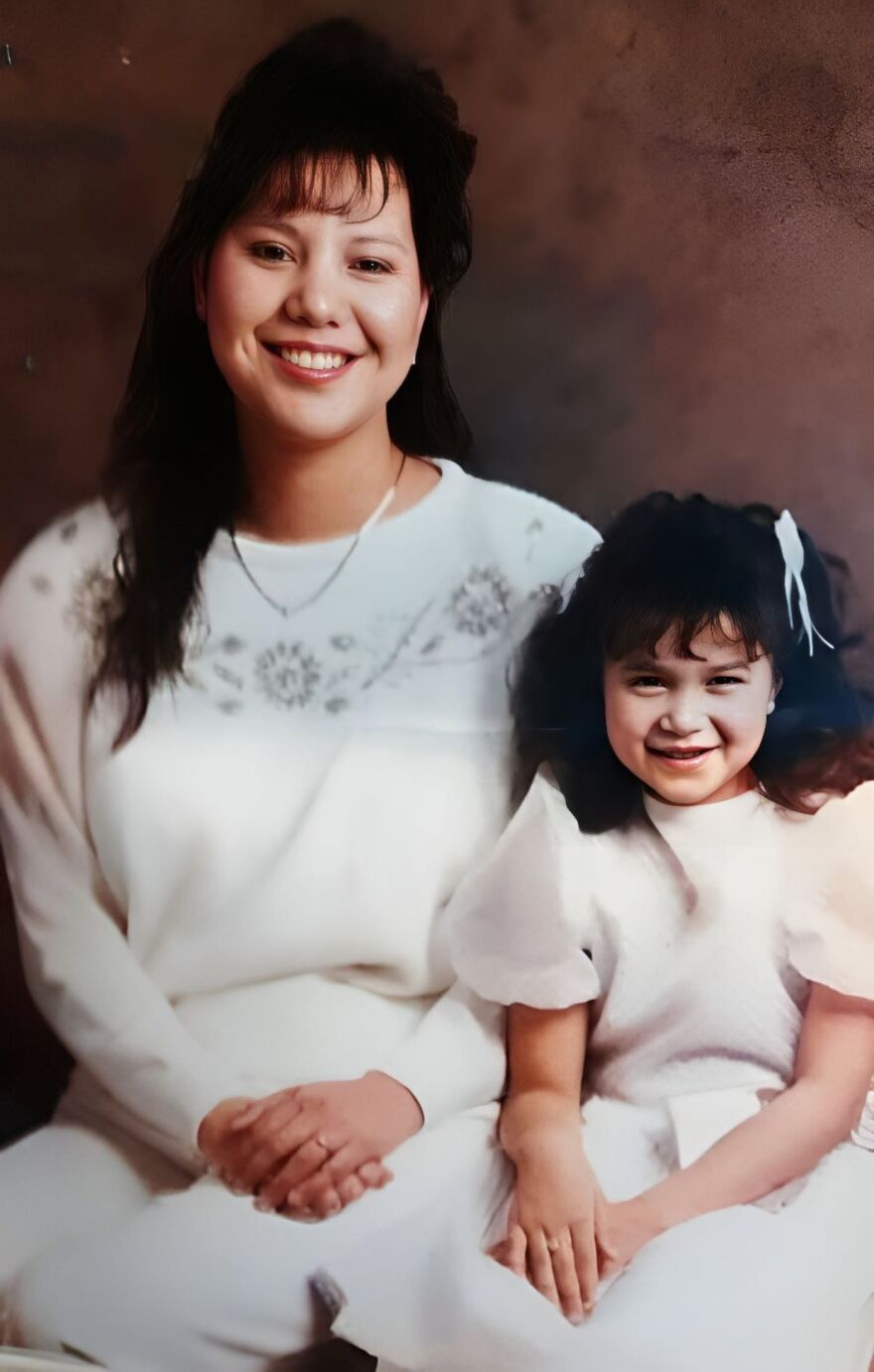Danielle LaPointe of Santee, Neb., was just 5 years old when her aunt Lori Ann DeCora died at the age of 24. DeCora was a member of the Winnebago Tribe of Nebraska.
“She was a very social, extroverted person," LaPointe said. "She was friendly and a lot of people liked her."


DeCora attended a house party on Sioux City’s west side in February of 1992. A group chased her outside where she was beaten and stabbed. She died five weeks later.
“She did not know those people,” LaPointe said. “We still don’t know what the motive was.”
Police arrested one main suspect, but that person was never prosecuted.
News reports at the time said a grand jury that was convened decided there wasn’t enough evidence to go forward with a trial.
“They're still a person of interest, and they still live in Sioux City,” LaPointe said. “They had a whole life, and hers was cut short. She never got to raise her grandkids and it's just really disheartening to see that.”
LaPointe recently contacted the Iowa Cold Cases website to share details about DeCora’s death and made posts on social media highlighting awareness for Missing and Murdered Indigenous Women.
“I just started researching. I started looking at newspaper articles. Everything was on microfilm — they didn't have computers until 1995, so it's been a process to find that information,” LaPointe said. “She was just missed — I feel like on all fronts. So we were just trying to bring that awareness and say, ‘Hey, here, she's a cold case, she's right there from Sioux City, Iowa, and she's not forgotten. She is somebody's family member.'”
There was a break in another Sioux City cold case earlier this year. Police arrested Thomas Duane Popp in Washington state in January for first-degree murder in the death of Terry McCauley in 1983. McCauley was a young mother of two and a member of the Omaha Tribe.
This update gives the DeCora's family more hope.
“I just want people to not forget about her. It's going on 33 years," LaPointe said. "A lot of people haven't heard about her story and the reason — she didn't die initially that morning that she was attacked.”

Finding justice for Missing and Murdered Indigenous Women
A study by the National Institute of Justice found that more than four in five Indigenous women have experienced violence in their lifetime.

To honor the anniversary of her aunt's death, LaPointe and others have a remembrance gathering planned for March 8 at the spot of her brutal attack at 1200 W. 4th St. in Sioux City from 2-4 p.m.
“Let her family get that healing by knowing that she isn't forgotten, she isn't invisible, she did matter and she still has loved ones here that care about her and want to see justice for her," LaPointe said.
LaPointe said the family met with the Sioux City Police Department a few months ago to try and get new movement in the investigation.
“They’ve been very honest and transparent with us,” LaPointe said. “They didn’t have a lot to tell us because it was originally an attempted murder case.”
A spokesperson from the Sioux City Police Department says the case isn’t closed and anyone with new evidence should contact authorities.






